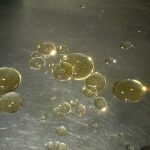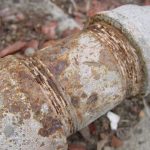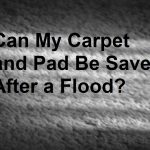Let’s face it, cleaning the toilet is probably one of the least desirable tasks in any home. But, we need a cleaner toilet to prevent the spread of germs and to make our daily ablutions more pleasant. For this reason, many people resort to using toilet tablets that they simply drop into the bowl for easy cleaning. But, this is a bad idea, continual use of these and other harsh cleaning products is bad for your toilet.
What’s Wrong with Toilet Tablets?
This is a natural question to ask, after all, when you take a look at the labeling, packaging and advertising material, they all say that these products are safe to use. But, when you take a closer look at the ingredients of these types of cleaning products, it’s not as cut and dried. Toilet tablets contain bleach, which many people use in a wide variety of products because it’s an effective cleaning agent. But, toilet tablets also contain chlorine and caustic cleaning agents that are designed to dissolve in the water.
The caustic dissolved cleaning agents seem to be effective, but they interact with other materials, including the toilet washers, gaskets and other components. The hard chemicals degrade these materials leading to their failure and this will affect the normal functions. You may notice difficulty when you try to flush the toilet and other parts may be affected. Another cause for concern are the bolts that connect the toilet bowl to the rest of the unit. Gradually they are degraded too and in extreme cases they can even fail entirely. This is equally true for the rubber and plastic parts including the seals. If the seals fail, this will cause a water leak and water damage is expensive to fix.
How Quickly Can Damage Occur?
It would take around six months of regular toilet tablet use to cause some of these issues and continued use can lead to more extensive problems. Repairing or replacing a toilet should be avoided, if possible, and switching to a less caustic cleaning product makes good sense. Another potential problem is the increased risk of clogging when poorer quality toilet tablets are used. These tablets dissolve at a much slower rate or they don’t fully dissolve at all and small pieces of chemical material remain. These tiny pieces can become lodged inside the toilet and they may even block the flow of water. Eventually, they may dissolve, but until they do you may experience poor quality flushing performance.
What is the Solution?
First, switch to a more environmentally friendly cleaning alternative to clean the toilet bowl. Next, it’s time to consider how much damage has already occurred and take steps to correct the problems. Contact your local licensed and certified plumber and ask them to check your toilet and connected drains. If damage is found, they may be able to repair the toilet or it may be a smarter financial decision to install a new unit instead.





